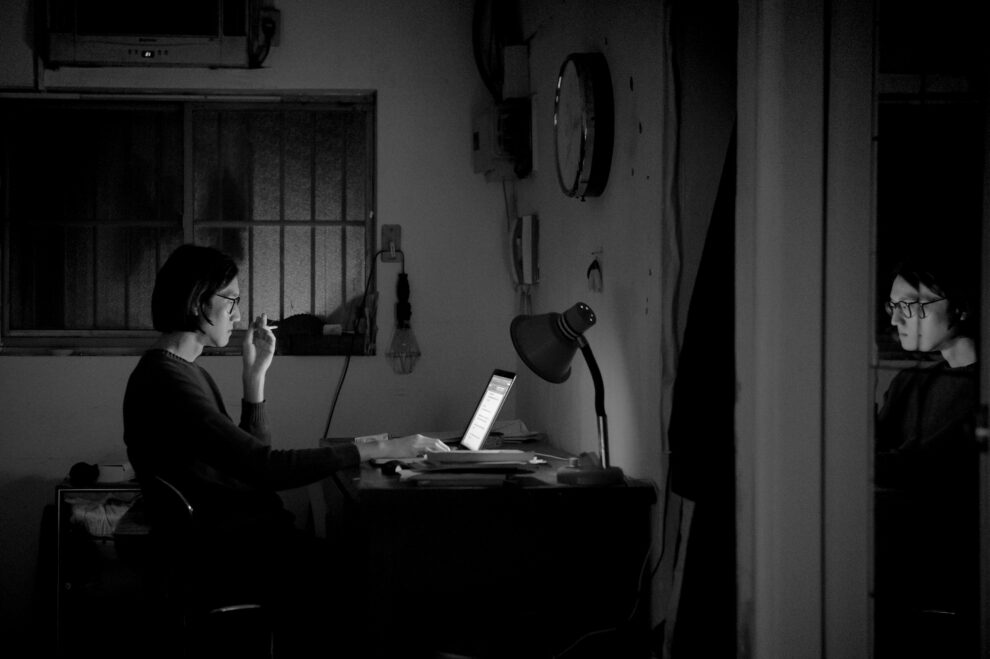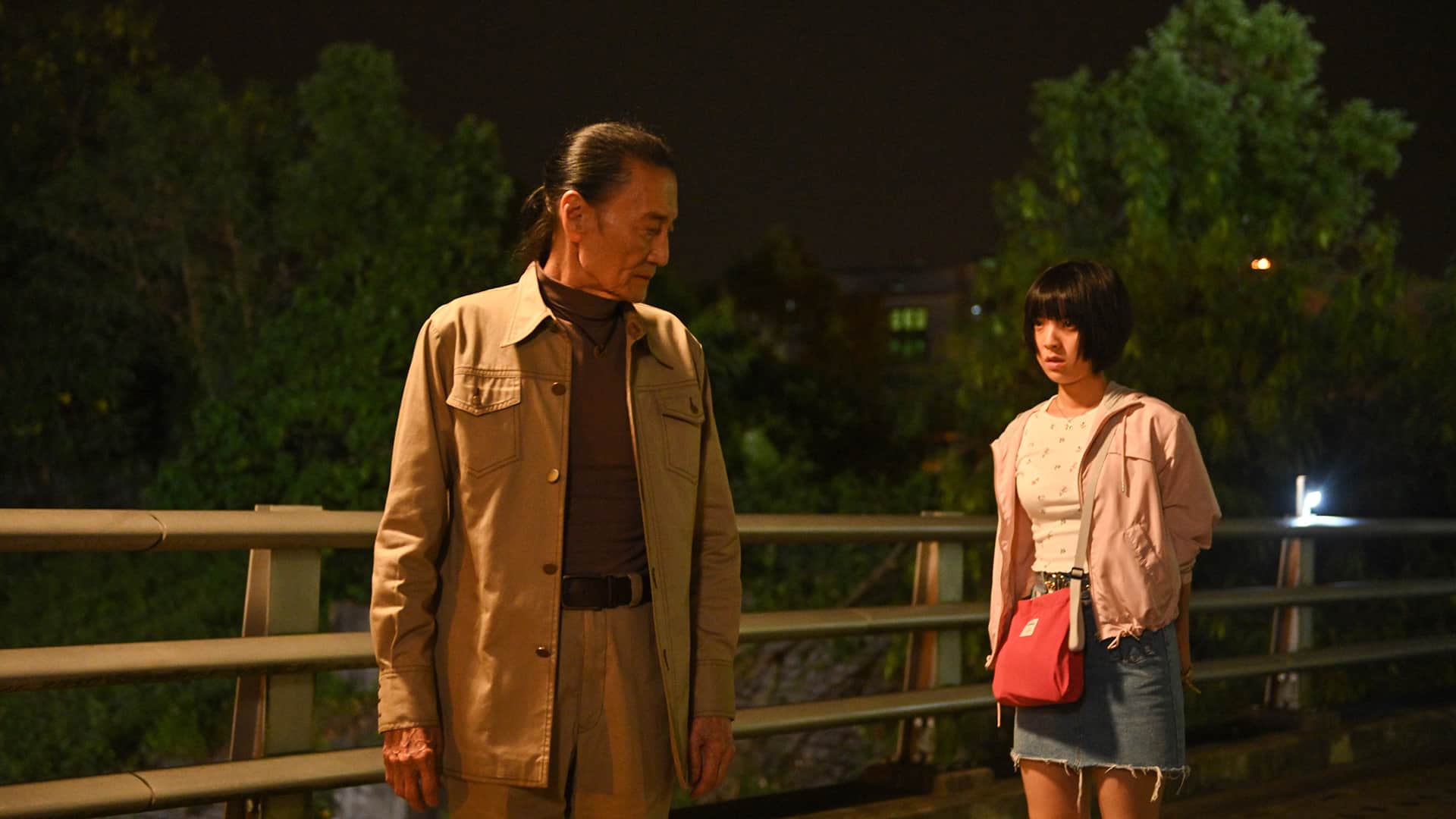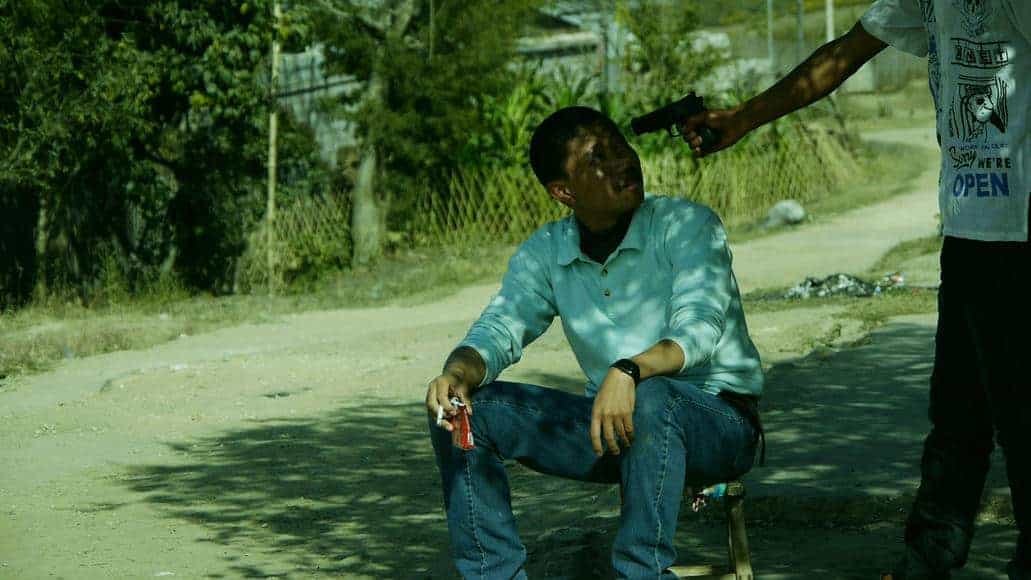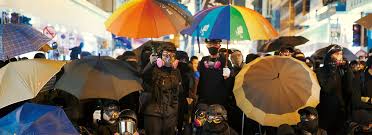Oftentimes, in fiction as well as in real life, decisive events for a nation coincide with a personal crisis. As we are embedded in the troubles of our problems most of the time, the parallels to the other happenings may escape us, even though in retrospect we become aware of them. In fiction, in films and literature, the national event is often a metaphor or mirror for what is happening to the individual, which is certainly the case for director Wang Chun-Hong's feature debut “Far Away Eyes”, which was awarded at MicroClimate Prize at FidLAB 2019. The story of a personal and artistic crisis slowly becomes a tale about a nation at an important point in its history, not so much because of the events which occur, but because of the mood and mentality which can be observed in the streets of Taipei.
Far Away Eyes is screening at Helsinki Cine Aasia
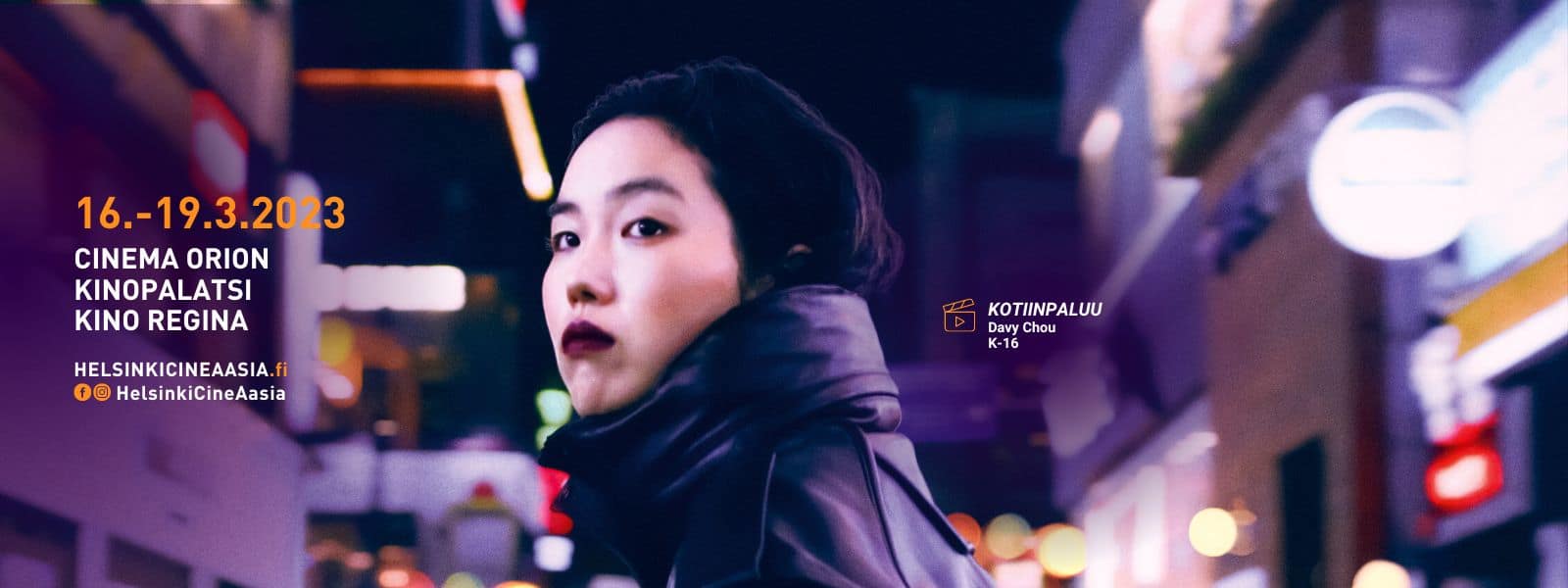
While the media and the streets of the Taiwanese capital are filled with news and the latest scandals surrounding the presidential election, a young artist (played by the director himself) has other, more personal problems on his mind. On the one hand the work on his latest screenplay has come to a screeching halt while he also has to take care of his pressing financial problems, and on the other hand he is still suffering from the repercussions of a recent break-up. To make matters even worse, his motorbike breaks down, with the repair making his monetary situation even more dire.
At a cinema, he runs into an ex-girlfriend (Chen Yi Ting), who is on the verge of leaving her home country for Europe. The chance encounter has serious repercussions for both of them, as its digs up repressed memories and makes them face the way their lives have changed in the last years.
Essentially, “Far Away Eyes” is a blend of auto-fiction and a contemplation of personal and cultural crisis. The black-and-white cinematography, combined with the use of often long, static takes, gives the feature a very contemplative mood, with the image, for example, lingering on a scene in the streets, a campaign poster burning or some other aspect of the time “Far Away Eyes” is set. There is also a distinct contrast between the formal aspects of the feature, the general mood of the two main characters and the atmosphere on the streets, which seems at times rather aggressive and heated. Considering the title, the viewer is invited to reflect on those events, the atmosphere, but also the kind of detachment inherent in the two main characters, whose personal crisis somehow alienates them from what is happening around them.
While on the one hand, you might think “Far Away Eyes” fulfils the kind of stereotypes of the arthouse feature, given its aesthetics and lack of narration, but on the other hand there is an undeniable beauty and effect in what Wang Chun-Hong has accomplished here. As the young artist takes up an assignment, setting up the lights for a photo shoot of a politician, the technicality of his job as well as his emotional detachment may hint at a process of numbing down, understandable for a culture bombarded with a constant stream of negative messages. Quite fittingly, the gesture of strength the politician uses becomes rather empty, a repetitive movement, while the real problems, of the nation and the individual, are not addressed and seem to come from a different world entirely.
In the end, “Far Away Eyes” is a feature about a personal crisis mirrored in the socio-political ongoings of a nation. Director Wang Chun-Hong tells us about people numbed after having been in a constant panic mode over the years and a growing gap between the cultural and the personal narrative.


